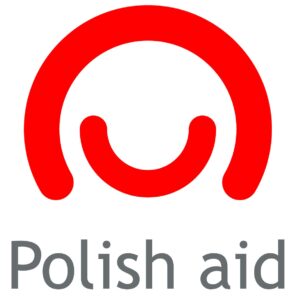Mbita School of Health
IMPROVING THE SANITARY SAFETY AND HEALTH OF CHILDREN ATTENDING PRIMARY SCHOOLS IN THE RURAL AREAS OF MBITA
Implementation period: 2016
Status: Closed
Overall objective:
To improve the health, sanitary conditions and safety of children attending public primary schools in the rural and semi-arid areas of Mbita through provision of an environment that is conducive to their health, education and rights.
Purpose
The purpose of the project is:
- To improve sanitary conditions of children and teachers in 12 primary schools in Gembe village of Mbita through provision of hygienic toilets.
- To improve access to clean water to children and teachers through rain water harvesting and increasing the number of water points.
- To increase awareness about health, sanitation, hygiene, children rights, and the specific needs of girls and boys among teachers, students and parents.
- To create a sustainable system of sanitary safety and child protection through formation of school health committees comprising of teachers, parents and children.
- To strength the financial capacity of the school health committees through initiating income generating activities.
- To initiate behavioral change in health, sanitary safety and children rights among teachers and students of Gembe village, Mbita.
Main Action
- Construction of 100 toilets and 6 urinals in 12 schools in the rural areas in Gembe village, Mbita.
- Construction of 15 rain water harvesting systems in schools
- Construction of 60 water points.
- Training for 20 teachers and 10 parents (members of the committees) on health, hygiene, sanitation in schools, children rights, and the specific needs of girls and boys, mobilizing the community support for sanitary safety and initiating income generating activities.
- Creation and implementation of action plans of maintaining sanitation, hygiene and safety in schools by the health committees.
- Initiating income generating activities in 6 schools supported by EEA experts.
- Comprehensive heath education and seminars facilitated by the committee members and health workers.
- Provision of information, education and communication materials (posters, murals) on health and safety of children.
- Organizing of educational campaigns about sanitation, health, hygiene, children rights, and the specific needs of girls and boys for community members.

